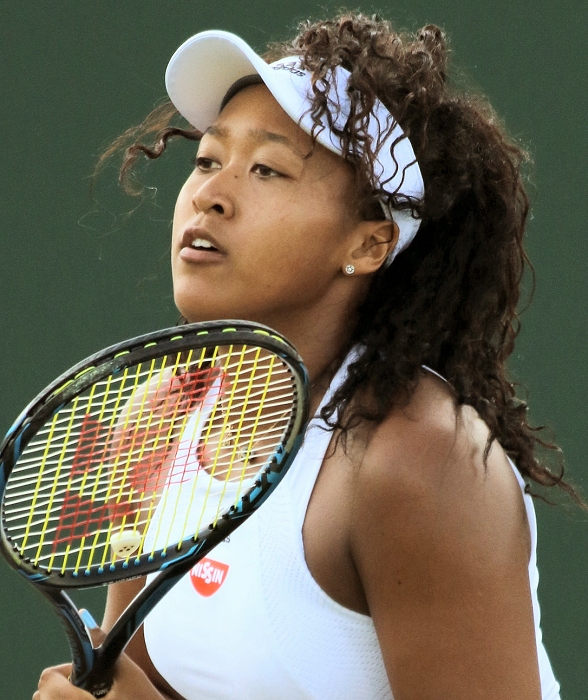Premiership Rugby's Salary Cap: Strategies Against Financial Cheating

In the competitive realm of Premiership Rugby, the enforcement of a salary cap has become crucial to maintaining the sport's integrity and fairness. Established in 1999, the salary cap limits each team to a total wage bill of £6.4 million for its players, with the intent of promoting parity among clubs and ensuring sustainable financial practices. However, the challenge of enforcing this cap has led to significant scrutiny, particularly after the high-profile case of Saracens, which was demoted for repeated breaches in 2020.
Andrew Rogers, the salary cap director for Premiership Rugby, has outlined the multifaceted approach employed to detect and prevent financial misconduct. This includes a combination of data analysis, contract audits, and interviews with club officials and players. According to Rogers, each club must submit detailed financial declarations annually, signed by top officials, and provide player contracts within a fortnight of signing. This level of oversight aims to create a transparent environment where potential violations can be flagged early.
Despite these measures, Rogers acknowledges the complexities involved in identifying illicit payments that may not be documented in official contracts. "A lot of the time the stuff that’s really going on is 'off book'," he stated. This sentiment reflects a broader concern within sports governance regarding the potential for hidden payments via informal channels like WhatsApp or email, a tactic evidenced by past scandals such as the Melbourne Storm case in 2010.
The Premiership's approach to compliance has evolved significantly since the Saracens scandal. Rogers now possesses access to a vast array of financial data, including players' tax returns and bank statements, allowing for rigorous cross-examination against club declarations. This proactive stance aims to deter clubs from attempting to circumvent the salary cap, which could lead to severe penalties including relegation or forfeiture of titles.
Clubs have been increasingly cooperative with Rogers and his team, often engaging in discussions to ensure compliance. Notably, Steve Diamond, Director of Rugby at Newcastle, remarked that the league is operating under close scrutiny, with clubs keen to avoid punitive measures. This environment fosters a culture of accountability, encouraging clubs to adhere to the financial regulations in place.
Furthermore, the salary cap's effectiveness is bolstered by a unique incentive structure that allows for bonuses and credits for homegrown players, enabling teams to optimize their spending while remaining compliant. As clubs navigate these regulations, the financial landscape of Premiership Rugby is likely to continue evolving, with the possibility of increased collaboration among various sports leagues to share best practices in financial governance.
Looking ahead, Rogers and his counterparts from various sports will convene to discuss strategies to combat financial cheating across leagues. This summit presents an opportunity for cross-sport dialogue, fostering a collective approach to maintaining integrity in competitive sports. As the Premiership Rugby continues to refine its monitoring systems, the emphasis on transparency and fairness will likely shape the future of the league, ensuring that the spirit of competition remains intact.
Advertisement
Tags
Advertisement




